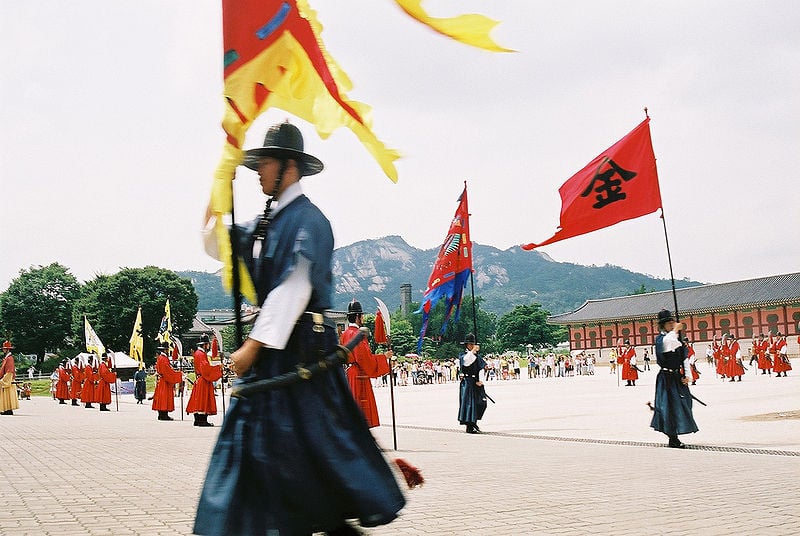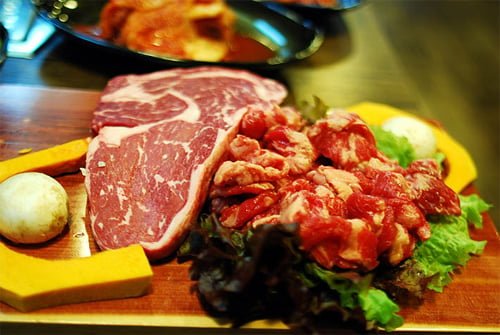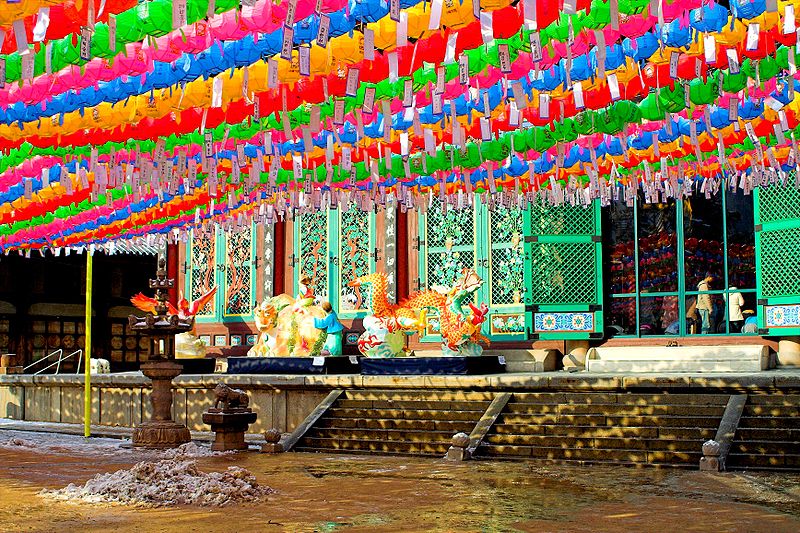9 Useful Phrases for your Trip to South Korea!
So many people head to South Korea these days for business and pleasure that learning a few Korean phrases can come in handy more often than you may think. The peninsula is beautiful, kinetic and jam-packed with some of the most interesting cultural attractions and adventurous outdoor activities in Asia. Hikers will find South Korea to be a perfect place to visit, as will all night party animals. No matter what your reason for visiting, these nine useful phrases will help you make the most of your trip!
Table of Contents
Photo by oliveheartkimchi
-
안녕하세요 (an-yong-ha-se-yo).
Meaning: Hello!
This is something you will be greeted with upon the entry to any shop or place of business so it’s good to remember it and use it when you can. Make sure you add a simple bow (not too deep, though it depends on the person you’re addressing) for politeness.
-
감사합니다 (kam-sa-ham-ni-da)!
Meaning: Thank you!
Sometimes the ‘k’ at the beginning can be pronounced as a g, though either way you will be understood. Whenever you’re using this, especially if you’re handing something to someone, make sure you use two hands or support one arm with the other. It’s the most polite way to pass an object over.
-
길을 잃어버렸어요 (ki-rool i-ro-bo-ryo-sso-yo).
Meaning: I’m lost.
If you’re carrying a map around with you it might be in Korean, which is not terribly helpful if you can’t read hangul. If you can remember the area/subway stop/place name of where you’re going plus this phrase, friendly Koreans will be able to point you in the right direction, and perhaps even write down directions for you!
-
쭉 가세요! (chuk ka-se-yo!)
Meaning: Go Straight.
You can use this with: 그 다음에 왼/오른 쪽으로 좀 가세요 (geu da-eumeh woen) which means to turn left or (o-roon kcho-goo-ro jom ga-se-yo) which means to turn right. The easiest way to get this across is by saying “Chick chin” for straight, and “Orancheok” for right or “Waencheok” for left, though this isn’t really correct (or incredibly polite) but most cab drivers will understand what you’re saying. When you reach your destination make sure you say “Yogi-yo”, meaning “Here, please.” Also never tip a taxi driver (it can be considered rude).
-
영어하실 줄 아세요? (yong-oh ha-shil-jul a-ha-se-yo).
Meaning: Do you speak English?
Depending on how rurally located you are, the answer to this will vary. Many people in Seoul speak some English, though perhaps not much. You will find that anyone within ear shot that can speak English will try their best to help you if you’re stuck.
-
미안합니다! (mianhamnida)
Meaning: Sorry!
This phrase is handy when you’ve managed to misdirect your taxi driver down a one way street, or really any time you’ve made a mistake and wish to apologize. It may be met with “Ne” or “De”, meaning yes.
-
여 기 자 리있나요? (yo-gi cha-ri in-na-yo)
Meaning: Is this seat available?
If you happen to catch a baseball game in Seoul (Go Bears!) and find yourself in search of a seat in the outfield or perhaps stumble upon a crowded subway, this is an excellent thing to keep in mind.
-
덜맵게해주시겠어요 (deol maep-ke he-ju-shi-gess-oh-yo).
Meaning: Could you make it less spicy?
Korean food is notoriously spicy, with kimchi that can occasionally blow your socks off. If you’ve got a tricky tummy, or are just not a fan of spice, feel free to say this whenever you’re ordering anything with peppers or kimchi.
-
한개더부탁합니다. (han ge deo butakam ni-da)
Meaning: One more, please!
Perfect for that second (or third, or fourth…) shot of soju at a barbeque restaurant or really anytime you go out in Korea. Drinking is encouraged, and common courtesy states you should never refill your own glass but make sure to fill everyone else’s. Always remember to support the bottle you’re pouring from with two hands, and if you’re receiving a beverage add a slight bow and a ‘thank you’.
Need to learn some more Korean before heading to the land of kimchi? Or do you think you have it down? Why not see how good your Korean really is with this free level test?





